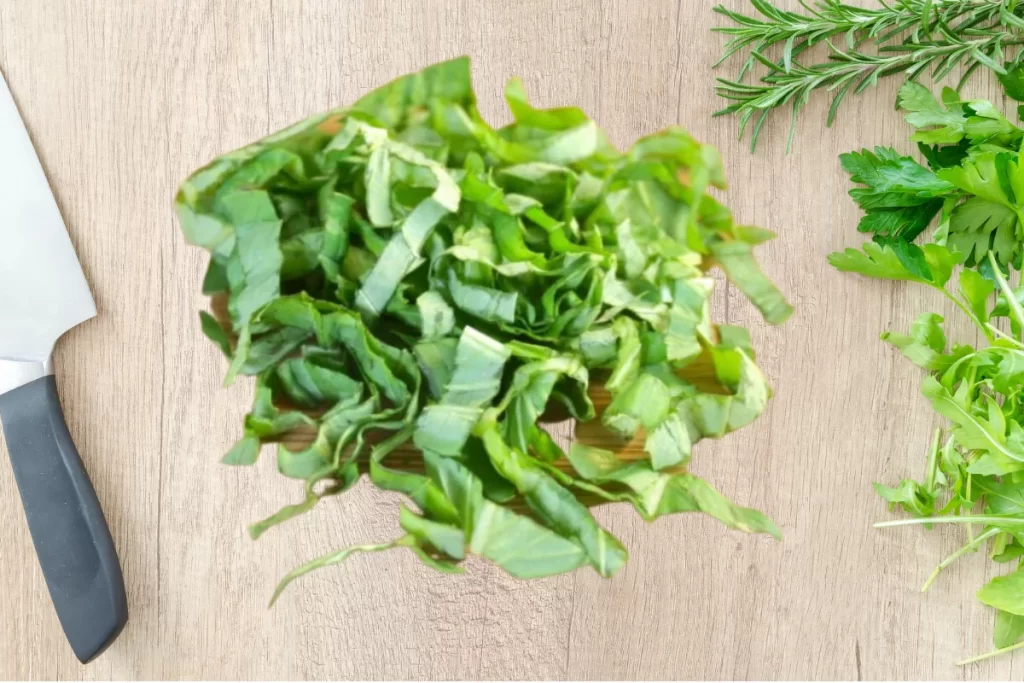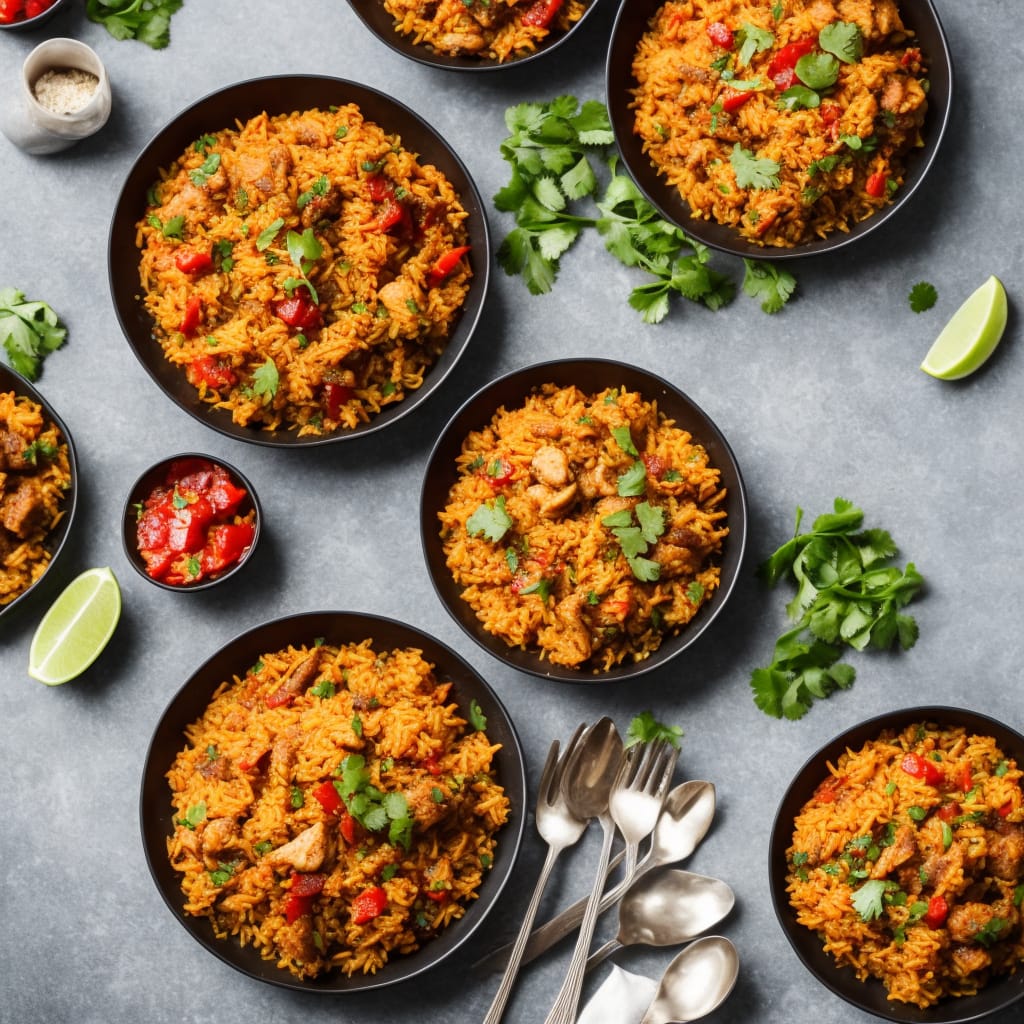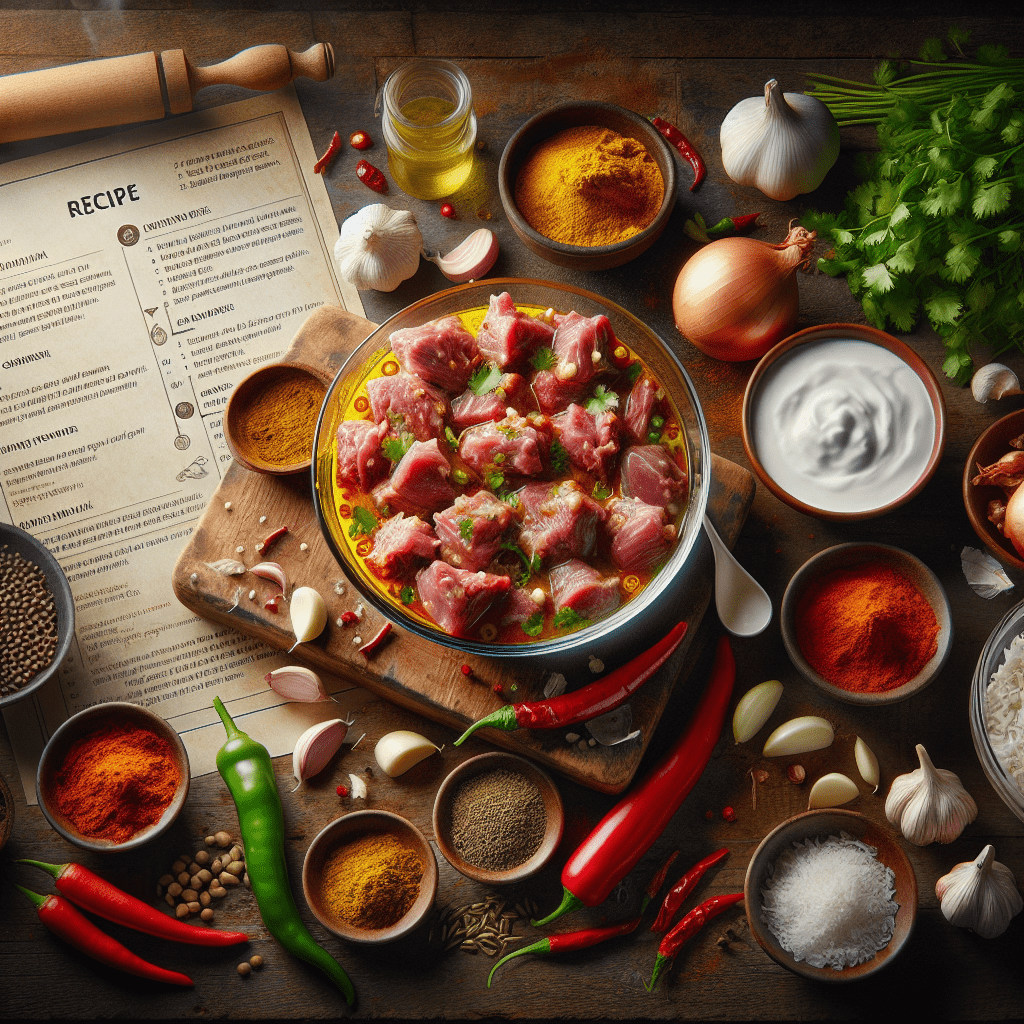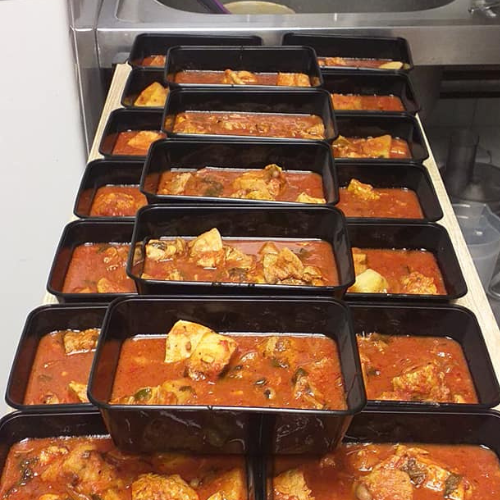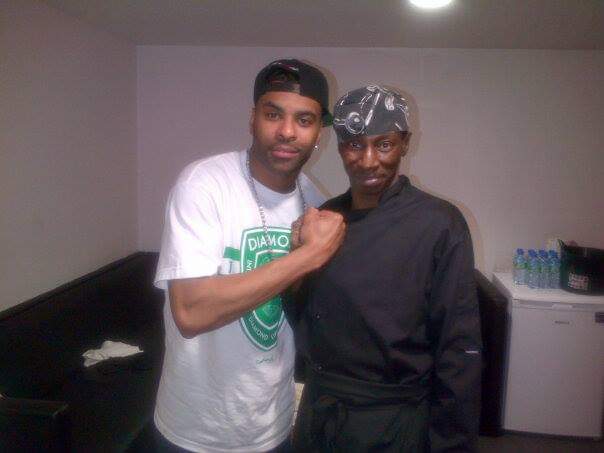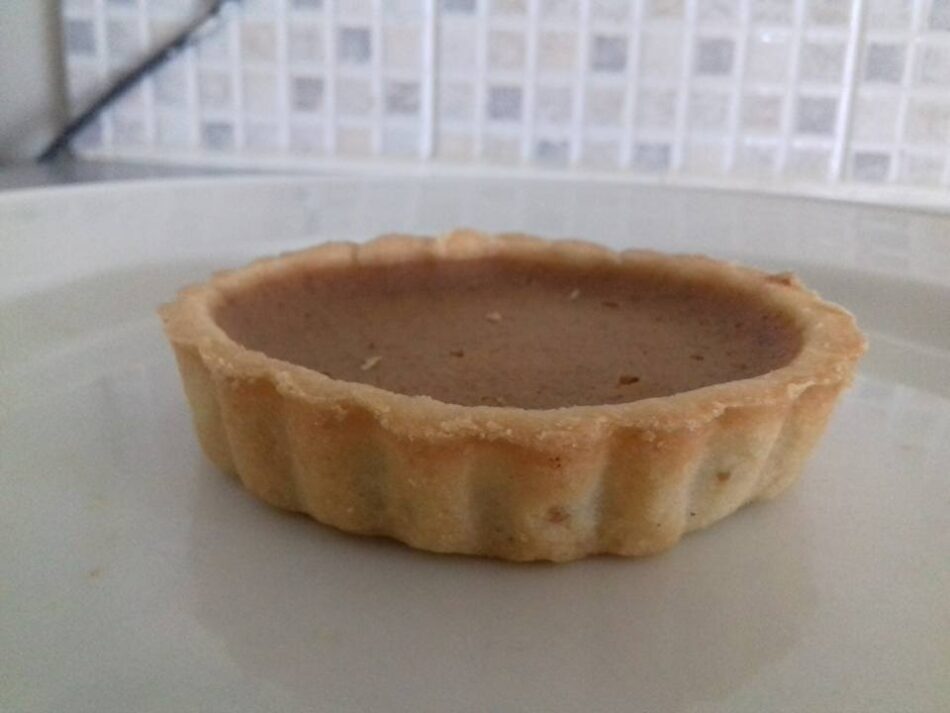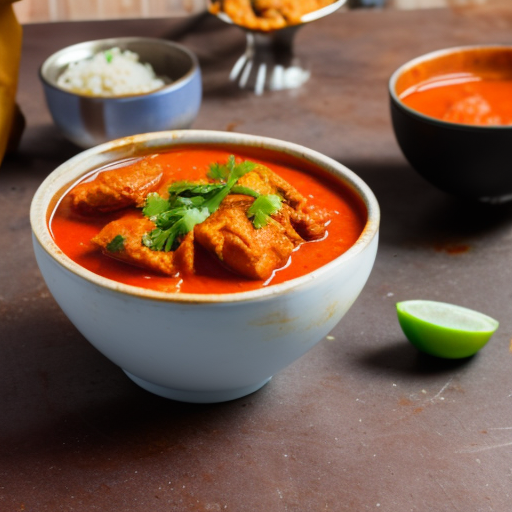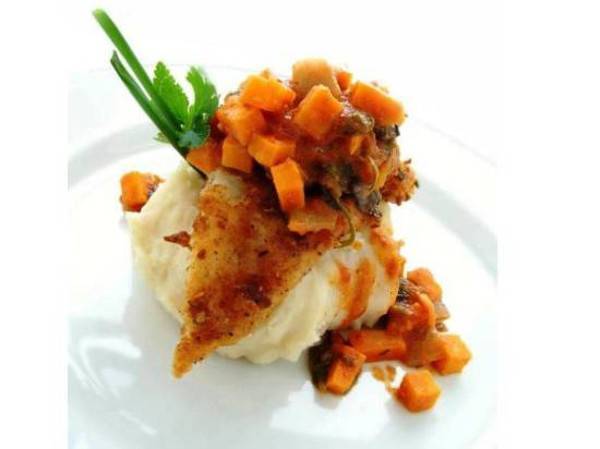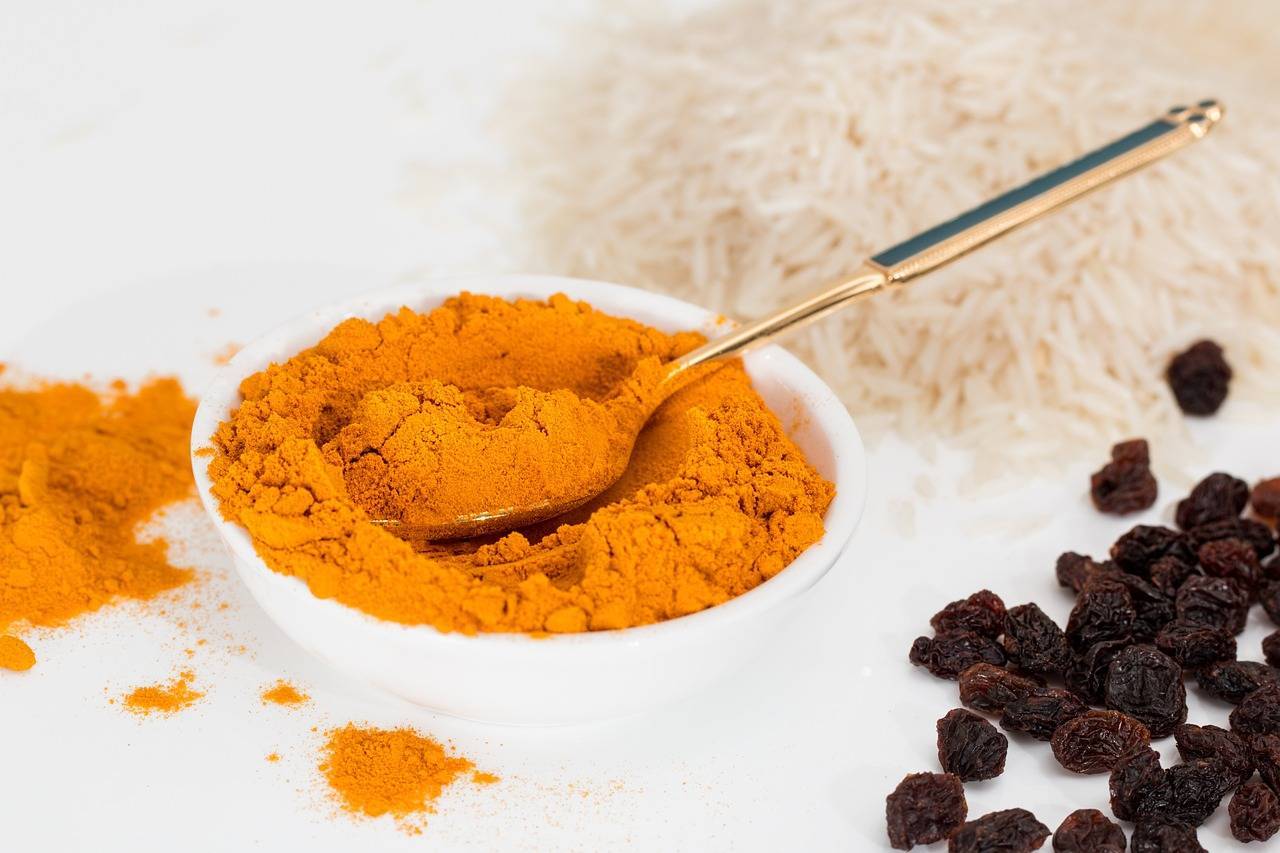Master the Art of Knife Handling: A Beginner’s Guide to Liverpool’s Basic Knife Skills Course
Are you tired of struggling with your knife skills in the kitchen? Do you want to learn how to properly handle a knife without injuring yourself or ruining your food? Look no further than Liverpool’s Basic Knife Skills Course. This beginner’s guide will take you through everything you need to know about this course, including safety guidelines for knife handling, the different types of knives and their uses, basic knife skills, knife sharpening techniques, tips for maintaining knives, hands-on practice and feedback, certification and further learning opportunities. By the end of this guide, you’ll be ready to confidently handle a knife like a pro and take your cooking to the next level.
Importance of Mastering Knife Handling
Mastering knife handling is an essential skill for any cook, whether you’re a beginner or a seasoned pro. Proper knife handling not only makes cooking easier and more efficient, but it also ensures your safety in the kitchen. By learning how to handle a knife correctly, you can avoid accidents and injuries that can happen when you use a knife incorrectly.
Liverpool’s Basic Knife Skills Course is designed to teach you the fundamentals of knife handling so that you can become a more confident and skilled cook. Led by experienced chefs and instructors, this course covers everything from the basics of knife safety to advanced techniques for cutting, chopping, slicing, and dicing.
Safety Guidelines for Knife Handling
Before you start using a knife, it’s essential to understand the safety guidelines for knife handling. Here are a few tips to keep in mind:
- Always keep your fingers and thumbs tucked in when holding a knife.
- Never cut towards yourself.
- Use a cutting board to avoid damaging your knives and countertops.
- Keep your knives sharp to prevent slipping and accidental cuts.
- Store your knives in a knife block or on a magnetic strip to keep them organized and easily accessible.
At Liverpool’s Basic Knife Skills Course, you’ll learn these safety guidelines and more. The instructors will demonstrate proper knife handling techniques and provide hands-on practice to ensure that you’re using your knives safely and effectively.
Different Types of Knives and Their Uses
One of the most important aspects of mastering knife handling is understanding the different types of knives and their uses. Here are a few examples:
- Chef’s knife: This is the most versatile knife and is used for chopping, slicing, and dicing.
- Paring knife: This small knife is used for peeling and trimming fruits and vegetables.
- Bread knife: This serrated knife is used for slicing bread and other baked goods.
- Boning knife: This knife is used for removing bones from meat and fish.
At Liverpool’s Basic Knife Skills Course, you’ll learn about these knives and more. The instructors will explain the different uses for each knife and provide hands-on practice so that you can become comfortable using each one.
Basic Knife Skills – Cutting, Chopping, Slicing, and Dicing
Once you understand the safety guidelines and the different types of knives, it’s time to learn some basic knife skills. Liverpool’s Basic Knife Skills Course covers the fundamentals of cutting, chopping, slicing, and dicing so that you can prepare your ingredients with ease.
Here are a few tips for each skill:
- Cutting: Hold your knife at a 45-degree angle and use a rocking motion to cut through your ingredients.
- Chopping: Cut your ingredients into small, even pieces by holding your knife at a 90-degree angle and using a straight up-and-down motion.
- Slicing: Use a sawing motion to slice through your ingredients, holding your knife at a slight angle.
- Dicing: Cut your ingredients into small, even cubes by first slicing them into strips and then cutting the strips into cubes.
These are just a few examples of the basic knife skills you’ll learn at Liverpool’s Basic Knife Skills Course. The instructors will provide hands-on practice and feedback to help you perfect your technique.
Knife Sharpening Techniques
Keeping your knives sharp is essential for effective and safe knife handling. Dull knives can slip and cause accidents, while sharp knives make cutting easier and more efficient. At Liverpool’s Basic Knife Skills Course, you’ll learn the proper techniques for sharpening your knives so that you can keep them in top condition.
Here are a few tips for sharpening your knives:
- Use a sharpening stone or honing steel to sharpen your knives.
- Hold your knife at a 20-degree angle and run it along the sharpening stone or honing steel.
- Repeat this process on the other side of the blade.
- Test your knife’s sharpness by slicing through a tomato or other soft produce.
The instructors at Liverpool’s Basic Knife Skills Course will demonstrate these techniques and provide hands-on practice so that you can sharpen your knives with confidence.
Tips for Maintaining Knives
In addition to sharpening your knives, it’s important to take care of them to ensure their longevity. Here are a few tips for maintaining your knives:
- Hand wash your knives with warm, soapy water and dry them immediately.
- Store your knives in a knife block or on a magnetic strip to prevent damage.
- Use a honing steel to maintain your knives’ sharpness between sharpenings.
- Avoid cutting on hard surfaces like glass or stone, which can damage your knives.
By following these tips, you can keep your knives in top condition and avoid having to replace them frequently.
Hands-On Practice and Feedback
One of the best parts of Liverpool’s Basic Knife Skills Course is the opportunity for hands-on practice and feedback. The instructors will provide plenty of opportunities for you to practice your knife skills and will give you feedback on your technique. This personalized approach ensures that you’re getting the most out of the course and that you’re developing the skills you need to become a confident and skilled cook.
Certification and Further Learning Opportunities
At the end of Liverpool’s Basic Knife Skills Course, you’ll receive a certification that demonstrates your mastery of knife handling. This certification can be a valuable addition to your resume or portfolio and can help you stand out as a skilled cook.
If you’re interested in further learning opportunities, Liverpool’s Basic Knife Skills Course is just the beginning. There are plenty of advanced knife skills courses and other cooking courses available to help you continue to develop your skills and become an even better cook.
Conclusion
Mastering the art of knife handling is an essential skill for any cook. Liverpool’s Basic Knife Skills Course provides the perfect opportunity to learn the fundamentals of knife handling and develop the skills you need to become a confident and skilled cook. From safety guidelines and basic cuts to advanced techniques and knife maintenance tips, this course covers everything you need to know to handle a knife like a pro. So why not sign up for Liverpool’s Basic Knife Skills Course today and take your cooking to the next level?
